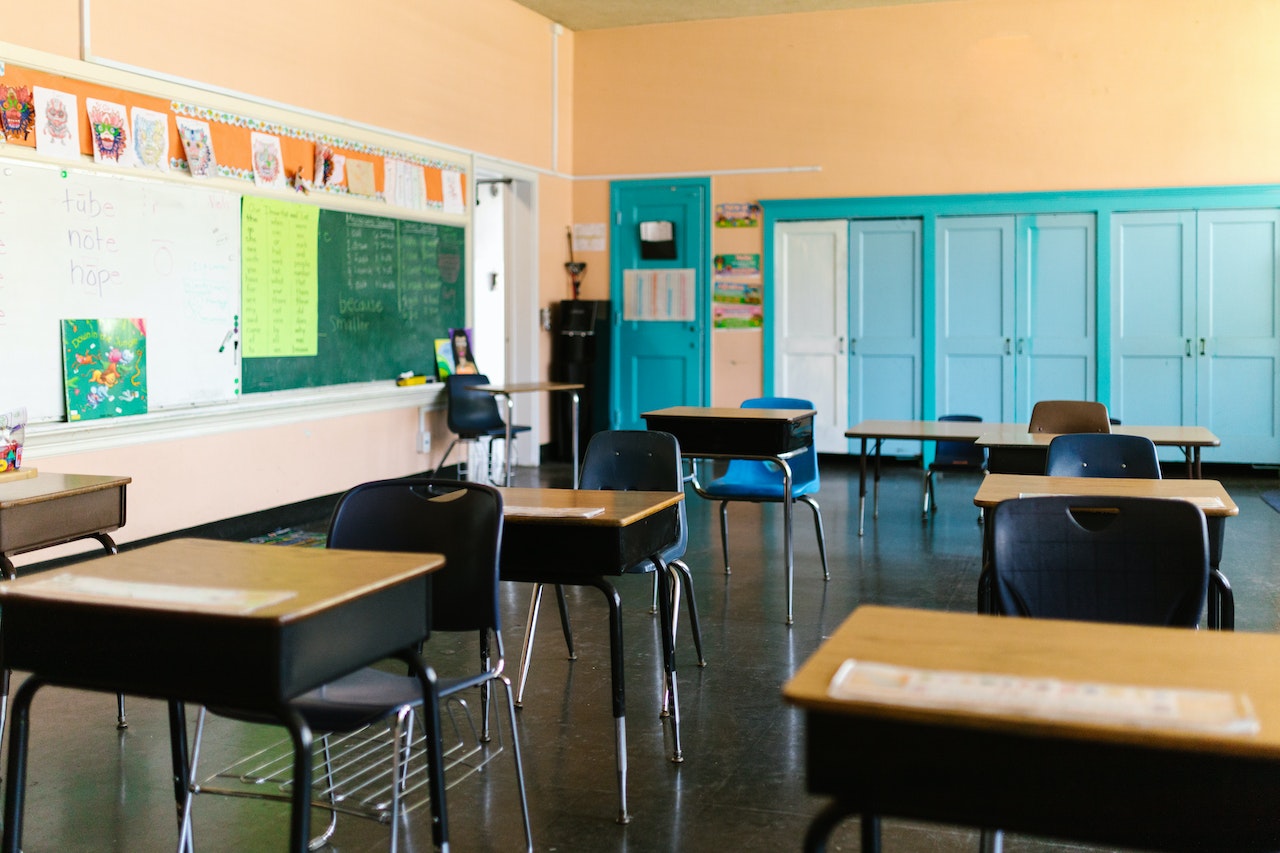Bill Analysis: The Texas House Omnibus School Finance Bill (HB 2)
Published Mar 05, 2025 by Jordan Overturf
This week, the House Public Education Committee held two hearings on its omnibus school finance proposal, House Bill 2 (HB 2). Chairman Brad Buckley has indicated the committee plans to vote on HB 2 at its March 18 hearing.
Ahead of that vote, the Partnership is conducting a deep dive into HB 2 to understand the proposed changes to funding formulas, teacher incentives, Pre-K eligibility and more. Below is a summary analysis of the proposed changes in the bill as filed.
School Finance & District Funding
- Raises the basic allotment per student from $6,160 to $6,380.
- Increases required percentage (30% to 40%) of additional funds used for employee compensation.
- Modifies small and mid-sized district allotment formulas, increasing funding weight calculations.
- Expands provisions for school districts experiencing a declining enrollment by adjusting funding calculations.
Teacher Designation System & Compensation
- Expands the categories of teacher designations to include "acknowledged" teachers.
- Increases the maximum allotment amounts for designated teachers:
- Master Teacher: Up to $36,000 (previously $32,000).
- Exemplary Teacher: Up to $25,000 (previously $18,000).
- Recognized Teacher: Up to $15,000 (previously $9,000).
- New Category (Acknowledged Teacher or nationally board certified): Up to $9,000.
- Introduces an enhanced teacher incentive allotment for schools implementing a comprehensive evaluation system.
- Requires districts to prioritize highly effective teachers being assigned to high-needs campuses.
Pre-Kindergarten & Early Education
- Expands prekindergarten eligibility for 3-year-olds under partnerships with community-based childcare providers.
- Grants school districts flexibility in municipal ordinance compliance for pre-K programs.
High-Needs and Resource Campuses
- Reduces the number of years a school must receive a "D" or "F" rating before being designated as a resource campus (from four years to three years within 10 years).
- Adjusts staffing criteria for resource campuses, including experience requirements for teachers.
School Year & Attendance Incentives
- Modifies funding adjustments based on attendance, increasing the threshold for funding stabilization from a 2% to a 5% decline.
- Lowers the minimum required instructional days for funding eligibility from 180 to 175.
- Introduces incentives for schools offering at least 200 instructional days.
High School Advising & Workforce Readiness
- Establishes a high school advising program to support students in college or career planning.
- Provides funding for high school advisors at $50,000 per full-time equivalent.
- Creates new advising support mechanisms for high school graduates during the first two years post-graduation.
Charter School Funding Adjustments
- Modifies Foundation School Program funding formula for charter schools under Chapter 48 of the Texas Education Code.
- Adjusts additional funding per student in average daily attendance from $125 to $700.
- Adds new requirements for charter schools to receive additional funding, including performance standards and financial certification requirements.
Miscellaneous Education Reforms
- Adds a fine arts allotment for students enrolled in approved fine arts courses.
- Clarifies rules on federal grant administration for nonpublic school participation.
- Implements new school district notification requirements for property value adjustments affecting funding.
As the committee prepares for the March 18 vote, a committee substitute may be offered to adjust the bill before it is sent to the House Floor for debate. Stakeholders are also waiting for the proposed school district “runs,” which outline the direct changes in funding for each school district.
Those details are expected to be made public in April. The data will be added to the Partnership’s Budget Explorer Tool when available. This tool will make it easier to search for individual districts and see the considerable impact of HB 2’s reforms to public education funding.
For more updates and alerts on the Texas Legislature, click here to sign up for our weekly newsletter.
 The Houston Report
The Houston Report




















